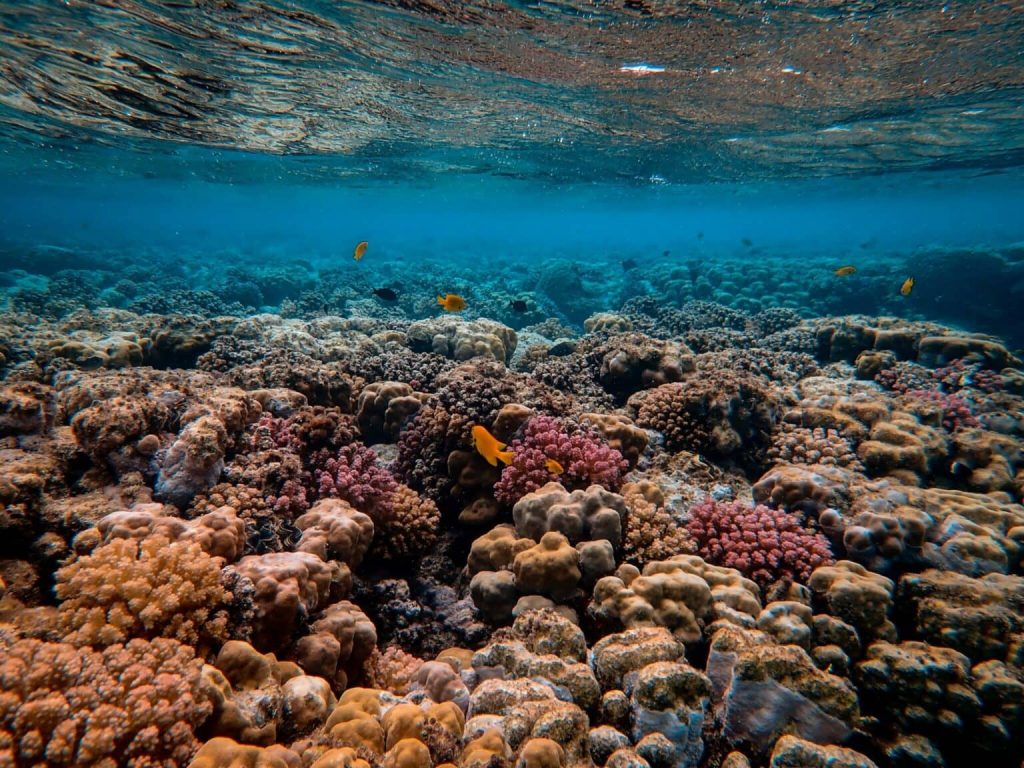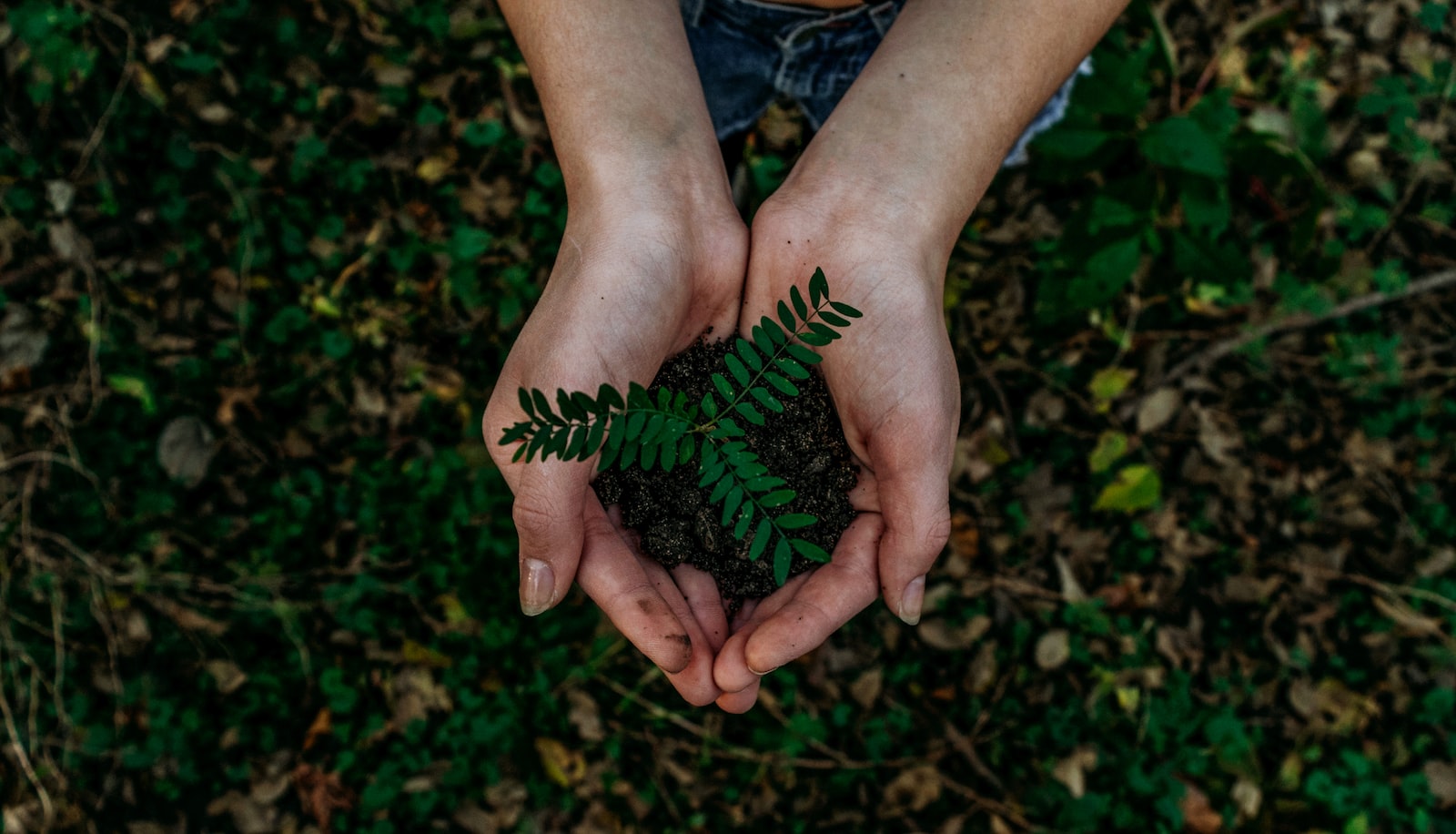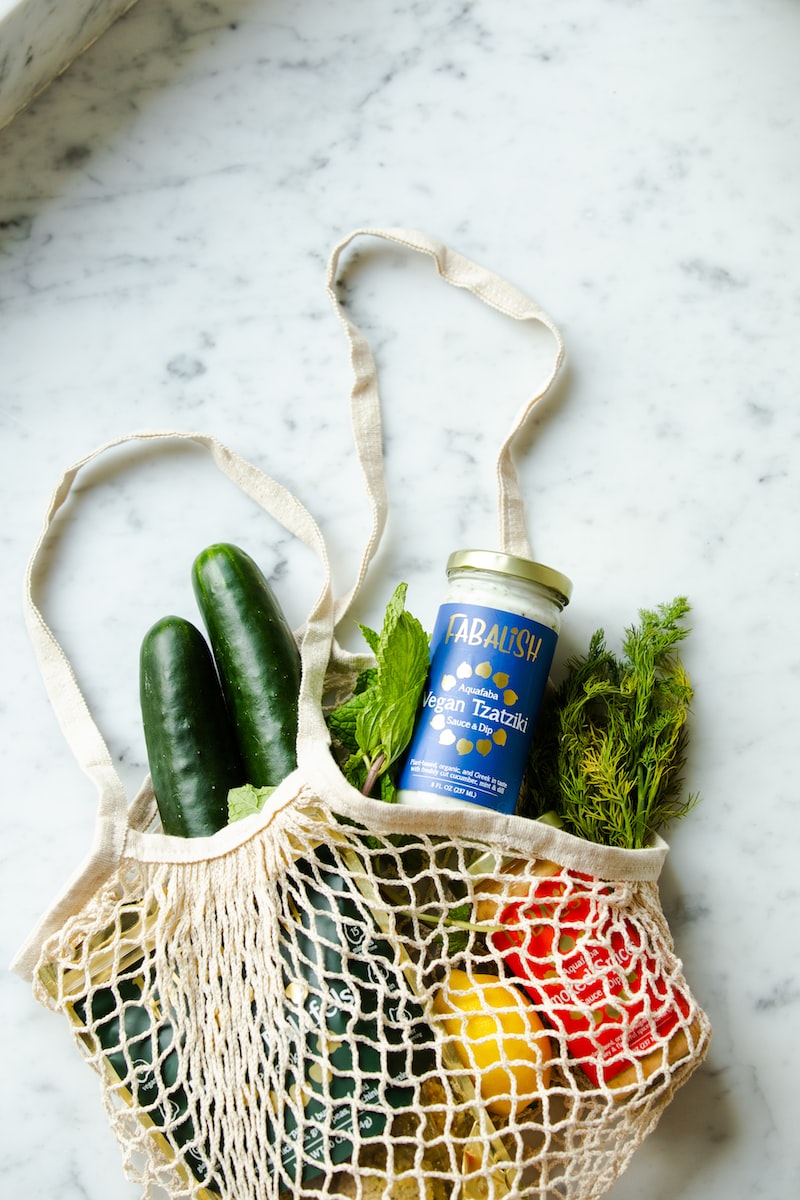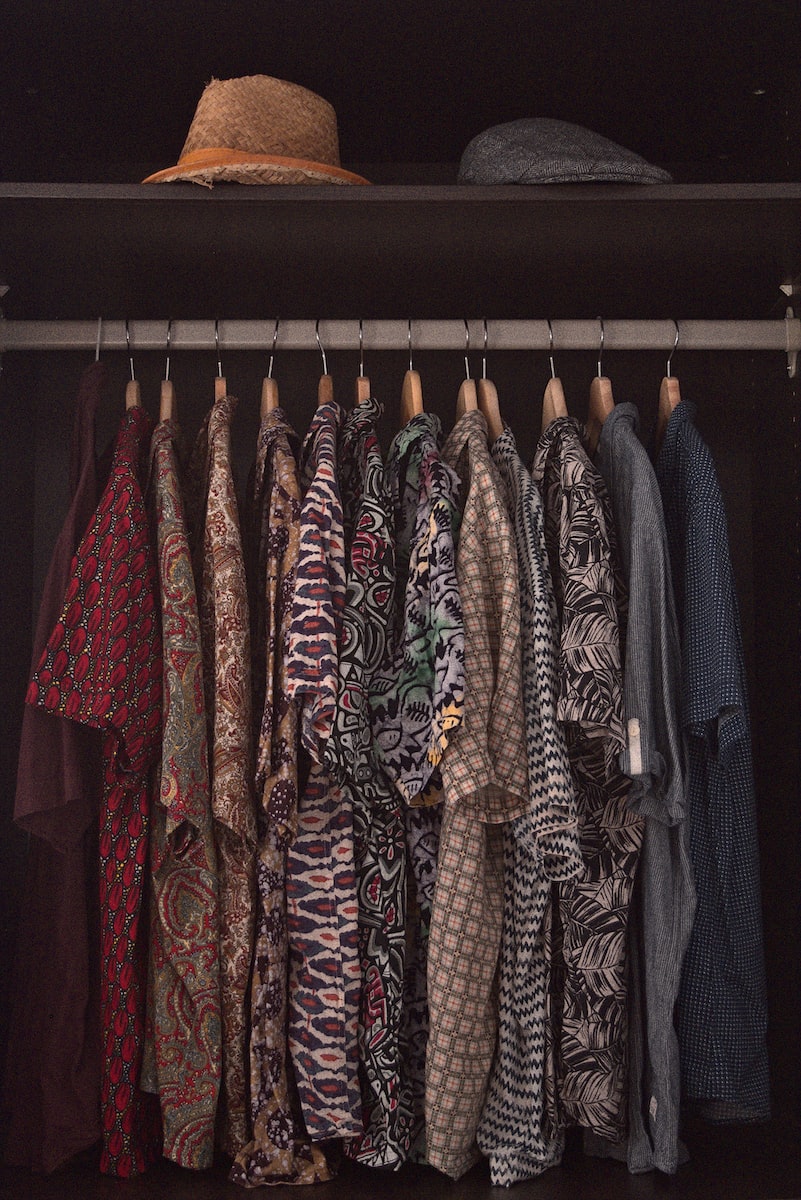Coral reefs are to our oceans’ ecosystem. Let’s start with the basics: what are coral reefs? Put simply, they are underwater structures that are made up of corals, which are made up of small, living organisms called polyps. Coral reefs have many benefits: they can protect coastlines from the harmful effects of tropical storms and provide shelter for a myriad of marine life. Unfortunately, coral reefs are increasingly coming under threat from things like water pollution (especially plastic and microplastics), coastal development, toxic chemicals, and irresponsible fishing and tourism to name a few.

Coral bleaching is when algae leave the coral. It can be caused by warmer water temperatures, low tides or excess sunlight. It is estimated by some scientists that 90 per cent of coral reefs in the world could experience extreme bleaching every year by 2055. When coral is bleached, it can lead to the death of the reefs, which provide important marine ecosystems. Worst of all, when a coral reef dies, it usually does not come back.
Be a climate change advocate
The best way to fight against coral bleaching is to address climate change. Helping to reduce the effects of climate change will help all ecosystems across the world: air, land and sea. One of the other ways that you can directly reduce coral bleaching is to reduce your use of fertilizers and pesticides, particularly when these chemicals runoff and find their way to our oceans.
Buy chemical-free sunscreen
As we mentioned in a previous article, buying reef-safe sunscreen is also a great way to protect coral reefs. Avoid sunscreens with chemicals such as oxybenzone and octinoxate. These chemicals can find their way into the oceans after being washed down the drain or when you swim with sunscreen on; the latter harming the coral reefs more directly. Therefore, try to use sunscreen containing titanium dioxide and zinc oxide instead. From a consumption standpoint, avoid buying or wearing jewellery that is made with coral. The lower the demand for coral jewellery, the better for the environment.
Campaign for coral reefs’ protection
Another way that you can help the coral reefs is to advocate for stronger and better legal protections against harming them. For example, supporting and advocating for laws that ban reef-damaging chemicals is a great way to help ensure that coral reefs will be more protected from the destruction human beings are causing to our oceans.

Organizations such as the Coral Reef Alliance and the Coral Restoration Foundation have great resources on their websites where you can find out more specific information about what coral reefs are, what they do, why they are so important and what we can do to help preserve them.
Coral reefs are not only beautiful to look at, but they are also extremely important to the health and resiliency of our planet. Taking personal steps to limit coral-damaging chemicals and pushing companies and governments to enact more laws to protect them are the best ways to protect coral reefs.
Check out the Faircado magazine for more educational articles or download our browser extension to shop online the sustainable way.











